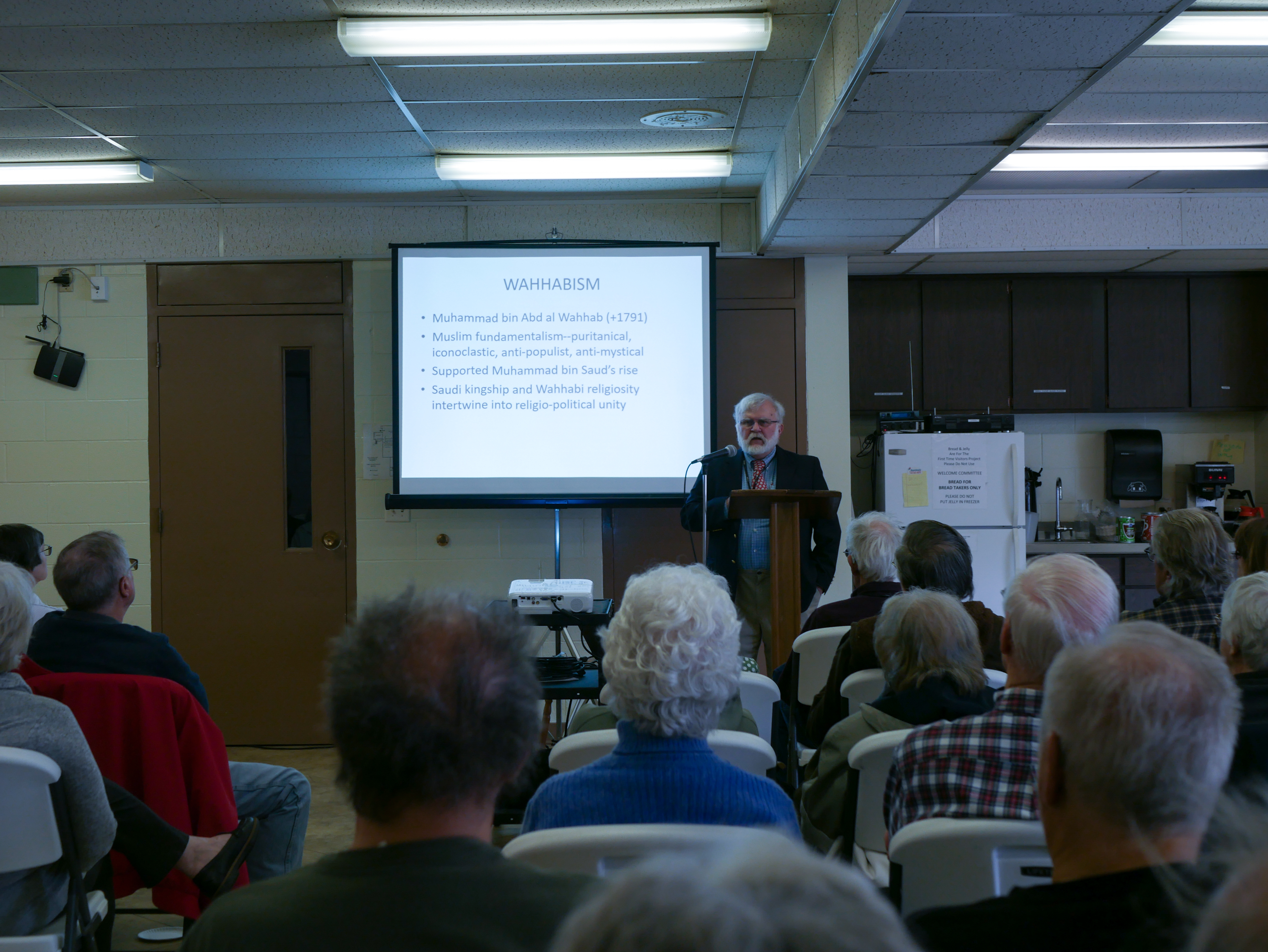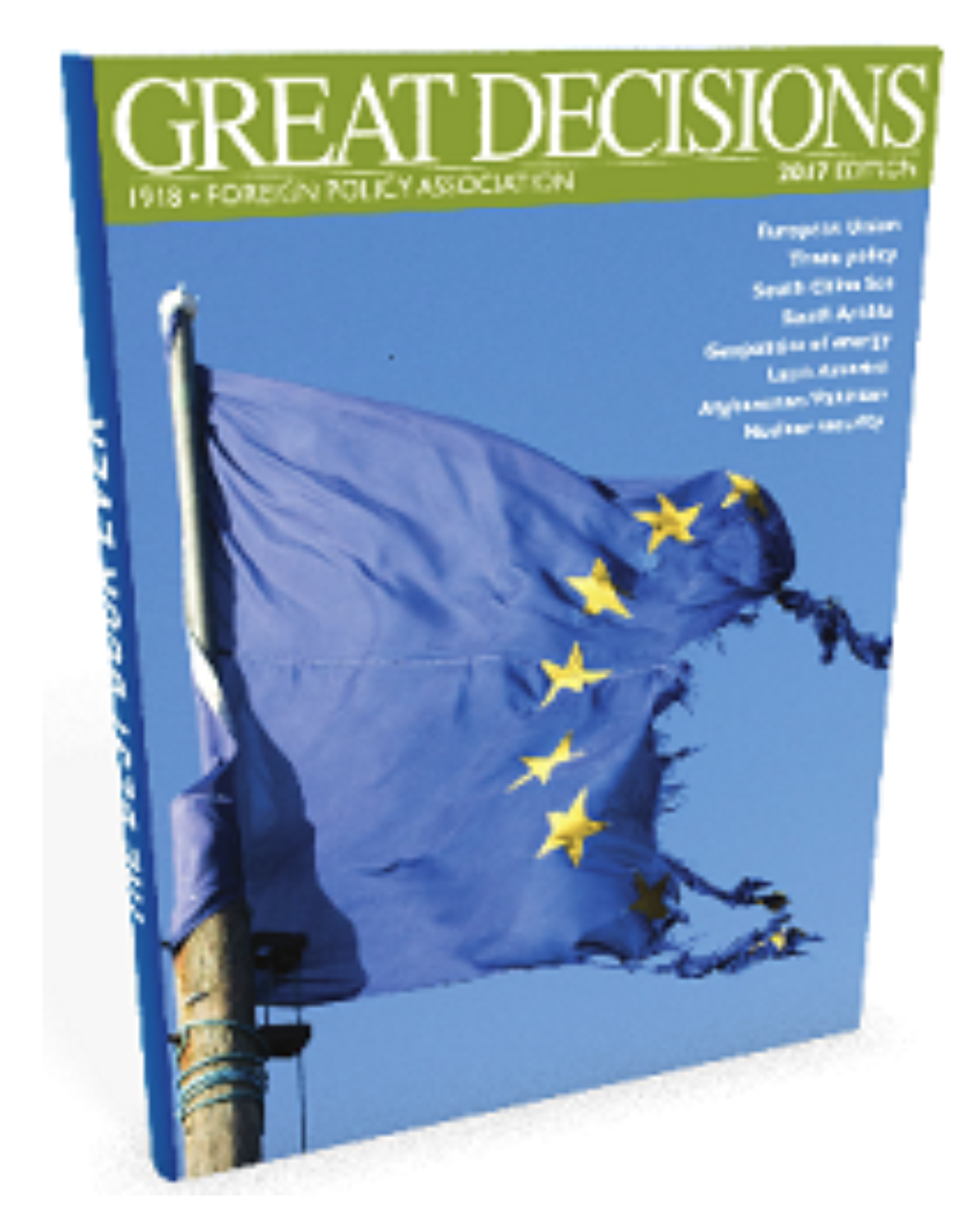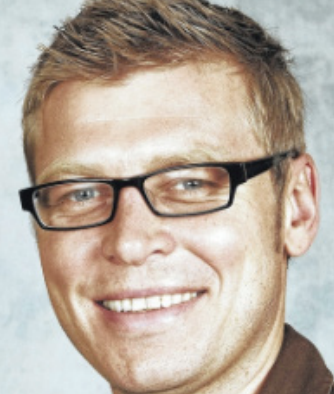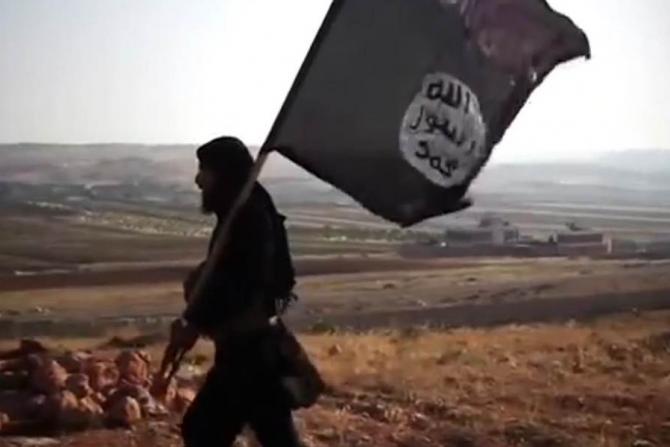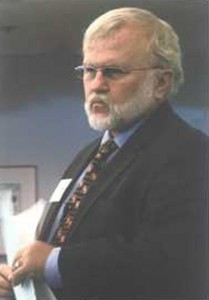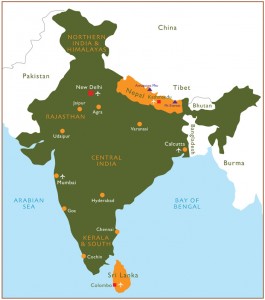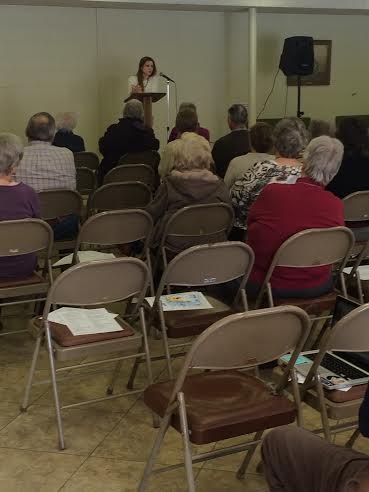By Liz Hardaway, Arts & Entertainment Editor
Though a nuclear bomb has not been detonated in 70 years, nuclear security still remains a strenuous and messy issue in foreign policy.
“Every nation forms their foreign policy and national security policy based on their own self-interest,” said retired Army Maj. Gen. Dennis Laich. “In the United States, I think we loose sight of this and we need to acknowledge that as we think about issues around the world.”
Laich spoke Friday about nuclear security at the second of eight sessions of the Great Decisions community series on U.S. foreign policy.
There are universal factors to foreign policy and national security, Laich said. Powerful countries have the ability to do as they please, he said, whereas weaker countries do their best to cope. For example, when Iraq invaded Kuwait in 1990, the world responded by using force to eject Saddam Hussein from Kuwait.
However, when Russia invaded Ukraine and took over Crimea in 2014, only sanctions were put into place and there was no military action.
Laich said nine nations, led by the United States and Russia, control thousands of nuclear warheads that can be deployed at any given moment.
“It is alarming to me that any one person on the face of the Earth can have the capability to order that these 1,830 deployed (U.S.) nuclear warheads be fired… with justification,” Laich said. “The president of the United States, whoever he or she is, makes one phone call.”
The United Kingdom and France have more than 500 nuclear warheads total, and China has 260.
“[China] relies much more exclusively on conventional arms to protect themselves, but…they have the capability to expand dramatically,” Laich said. “One of the things that China has demonstrated is their ability to… move national interests forward rapidly.”
India, Israel, Pakistan and North Korea also have nuclear warheads. However, Israel officially has not acknowledged that it has the weapons. Israel is the only nuclear power in the Middle East.
“I had no idea the list [of countries with nuclear weapons] was so long, and that’s kind of scary,” said Delaware resident Michael Casto.
The only country in the world to ever use a nuclear weapon is the United States, twice during World War II.
In 2015, the five permanent members (U.S., Russia, Britain, China and France) of the U.N. Security Council, Germany and the European Union reached an agreement with Iran to suspend its nuclear programs, putting limits on centrifuges, enrichment levels, uranium stockpiles and plutonium production. Iran sent more than 90 percent of its existing uranium stockpiles to Russia for security.
“This treaty allowed us to put a troublesome nation’s nuclear program on hold for at least 10 to 15 years, without firing a shot,” said Laich.
Countries such as North Korea, Russia, India and Pakistan continue to challenge nonproliferation efforts.
Terrorist organizations, such as al-Qaida and ISIS, have been very explicit about seeking nuclear weapons, Laich said. They don’t necessarily need a nuclear warhead to do damage. A dirty bomb, which contains used nuclear fuel surrounded by dynamite, can have limited physical impact but contaminates a wide area of a populated city with nuclear material.
“I’m concerned because of the (Trump) administration and things beyond our control like nuclear terrorism,” said Lee Lybarger, a resident of Delaware.
The next topic for Great Decisions is “Saudi Arabia in Transition,” presented by Melinda McClimans, an associate director at the Middle East Studies Center at Ohio State University, and Rand Guebert, a former consultant.
